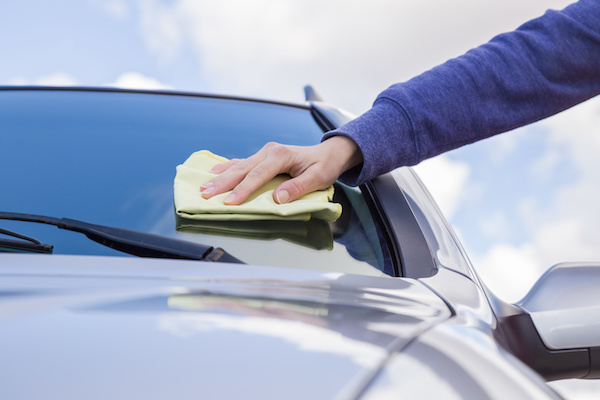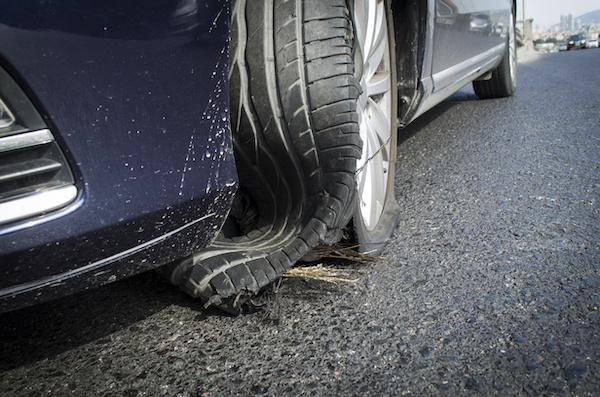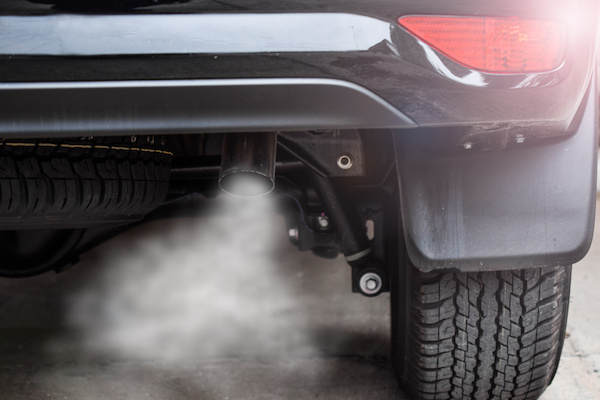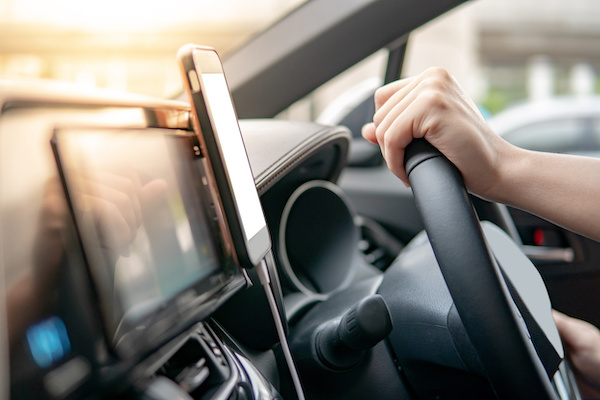Posted on 10/14/2021

Cleaning your car is one of many things a responsible car owner should do. This includes getting the interior, the body, and the glass surfaces (windows, windshield, etc.). Sometimes, you're going to need more than soap, water, and elbow grease to get rid of the streaks and smudges off your glass surfaces. But can you use a generic class cleaner (Windex)? To make this brief, yes, you can use Windex on the glass surfaces of your car. However, if you have tinting on your windows, you should refrain from using glass cleaner just in case it messes it up. Today, we will go over all the things you need and the steps to properly clean your car's windshield and windows. Here's what you need: Microfiber cloths (you'll need more than 1) Store-bought glass cleaner Rubbing alcohol Steps Wipe the windshield (and windows) down with a clean, dry microfiber cloth to remove any dust and dirt. Use a separate, clean one to apply a tiny bit of rubbing alcohol to remove the tougher sp ... read more
Posted on 9/16/2021

Often, a tire blowout can be mistaken for and used synonymously for a flat tire; however, the two are entirely different. A flat tire is generally a slower pressure loss, whereas a blowout involves a loud and instant pressure loss. When a blowout occurs, you will hear an explosive, popping sound due to the pressure erupting from the tire. Another notable difference is that flat tires can sometimes be recoverable. In contrast, a tire blowout is NOT salvageable and undoubtedly requires new wheels. From what we've described, a tire blowout may seem scary (because it is). You may wonder, "what should I do in case this happens to me?". Gil's Garage has you back. Here's a step-by-step guide on how to handle a tire blowout like a champ. Continue to drive straight. When your tire pops, your vehicle will tend to tremble and lean in one direction. You will need to tightly grip the steering wheel and attempt to steer the car in a straight path. Even though you may ... read more
Posted on 8/12/2021

Modern vehicles are usually known to have sophisticated emissions systems designed to burn off toxic exhaust gases and limit emissions. The emissions system also helps keep the car running better with a healthier engine and better fuel efficiency. Today, most vehicles will have an advanced emissions control system that employs different oxygen sensors, computer controls, and exhaust system equipment to let drivers know when there may be an internal issue. However, it would help if you did not solely depend on this technology because it can malfunction. If you sense that you have an emissions problem, it is an excellent idea to get your vehicle inspected as soon as possible. Here are the top four signs of emissions system problems: Reduced Fuel Economy Your emissions control system and exhaust system can have a significant effect on your fuel efficiency. Suppose there is an exhaust leak or an emissions problem with components such as the fuel tank, carburetor, catalytic conver ... read more
Posted on 7/13/2021

Nifty car gadgets are not all scams. In fact, some of them are very helpful and can give you a different perspective on driving. We've compiled a list of practical car accessories that every driver needs. Car Mount A car mount is essential if you depend on navigation apps on an everyday basis. You should get one with no installation required. Instead, it fastens to your phone with a strong magnet or automatic-sensor clasps. You can conveniently view Google Maps, Maps, or Waze by clipping one of these gadgets to your air vent. The best part is that you can adjust the angle to fit your line of vision. Hand-Held Car Vacuum Everyone should invest in a portable and hand-held car vacuum. Some can even plug into your cigarette lighter to give you extra cleaning power. You don't have to worry about it dying on you every few minutes. When searching for the perfect vacuum, look for one with several interchangeable tools that can help you reach in the nooks and c ... read more
Posted on 6/23/2021
%20-%20Copy%201.jpeg)
How you operate your vehicle significantly impacts your fuel economy. Whether gas prices are low or high, you can still save serious money by making minor adjustments to your driving style and habits. We have gathered some of the best tips and practices to ease the pain of paying at the pump. Tips on How to Get Better Gas Mileage Slow down and drive at a steady pace. According to Consumer Reports, "driving faster on the highway can significantly take a bite out of a car's fuel efficiency." As we can guess, the harder we accelerate, the more fuel is being used. Consequently, when we frequently press on the brakes, we also waste the fuel power that we previously used to get up to speed. To save money, avoid harsh acceleration and braking whenever possible. Unload your car with unnecessary heavy items. Heavier items are not fitted for long-time storage in your vehicle, especially if you want to maximize your fuel economy. Remove ... read more